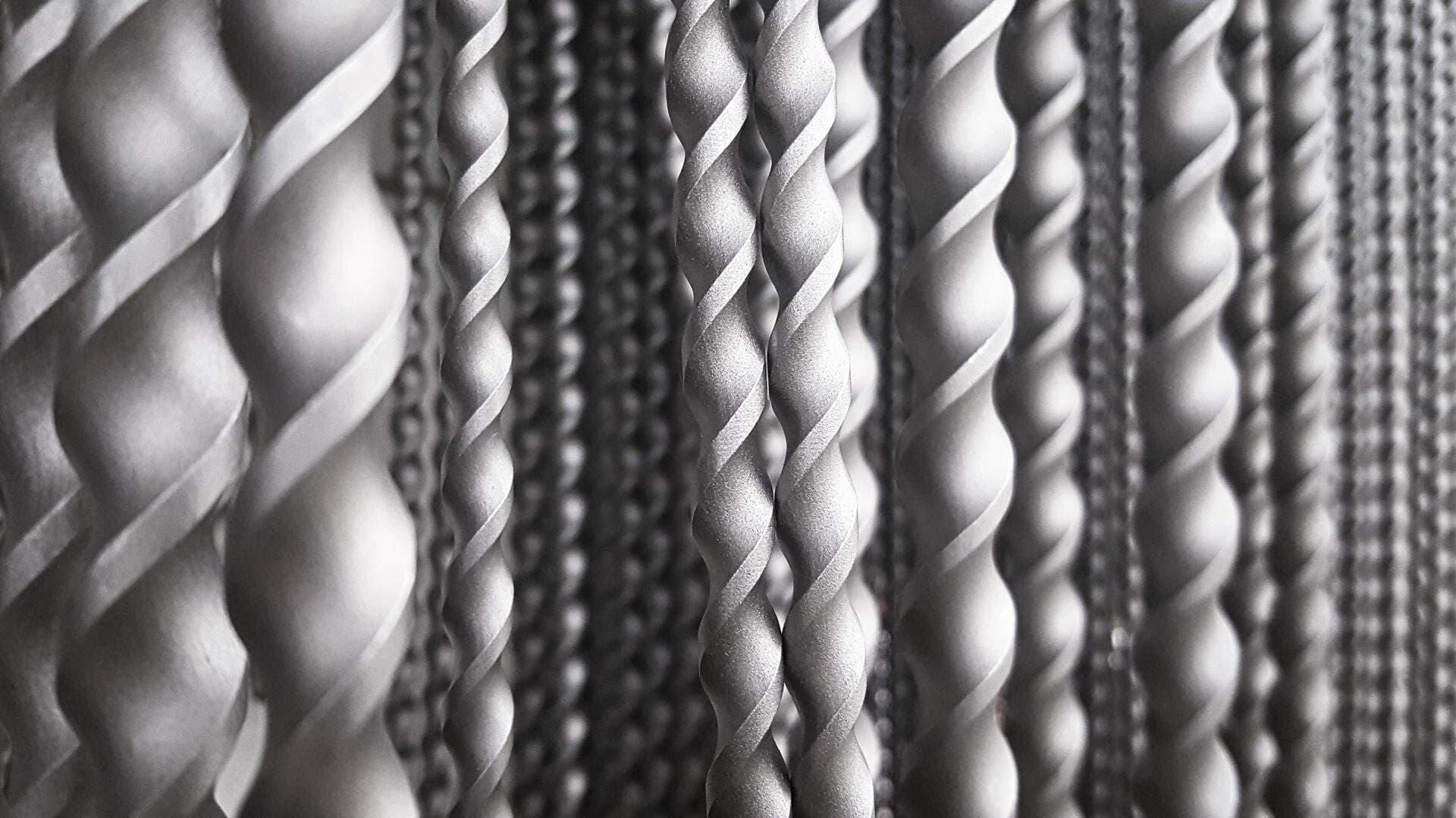5.5 million tonnes of fossil-free steel production per year - a new pioneering factory is planned in northern Sweden
The announcement is a show of strength for the country’s industrial sector and highlights Sweden’s unique capacity to supply world markets with raw materials that boast a low climate footprint.

H2 Green Steel is building a facility that will manufacture fossil-free steel production in Luleå and Boden, with production scheduled to start in 2024. The plant will manufacture some 5.5 million tonnes of steel per year using fully fossil-free production methods. The facility will be fully integrated, digitised and automated.
However, to enable the fossil-free production of steel, there have already been a number of technically ground-breaking projects put in place in northern Sweden. In 2016, a feasibility study named HYBRIT (Hydrogen Breakthrough Ironmaking Technology), was undertaken by the companies SSAB, LKAB and Vattenfall. In August last year, a pilot plant was initiated in Luleå, which has produced small amounts of sponge iron using fossil-free techniques. In 2026, the demonstration facility will be in place. Assuming the HYBRIT study is successful, it means that Sweden will be able to reduce its carbon dioxide emissions by 10 percent and Finland by 7 percent.
Lina Håkansdotter, Head of the Sustainability and Infrastructure department in the Confederation of Swedish Enterprise, stresses how important the restructuring of steel production will be in contributing to global climate solutions.
– Studies conducted by Material Economics show that in the next twenty years, we can more than double the direct climate benefit of Swedish exports. Swedish exports already make a substantial climate contribution, with reductions of more than 26 million tonnes of carbon globally. If the industry’s plans for the conversion to fossil-free production are realised, by 2040 exports could reduce total global emissions by as much as 65 million tonnes. This is a breathtaking figure - one that exceeds Sweden’s current total emissions. It underlines what a huge difference we can make.
Increased use of fossil-free electricity is a vital element in reducing the use of fossil-based energy sources in industry and the transport sector. Sweden must therefore ensure that it has a competitive and fossil-free electricity system. To ensure this the Confederation of Swedish Enterprise believes that there will be a need for continued operation of the present nuclear power capacity, and we don’t rule out the need for investments in new nuclear power.
– Sweden must be seen as an international role model in climate work. Yet this cannot happen without technological advancement and companies that are constantly delivering new and better products and services. We will reduce emissions in Sweden, but not at the expense of increased emissions overall. The level of ambition for our climate policy should be, and is, considerably higher than that.